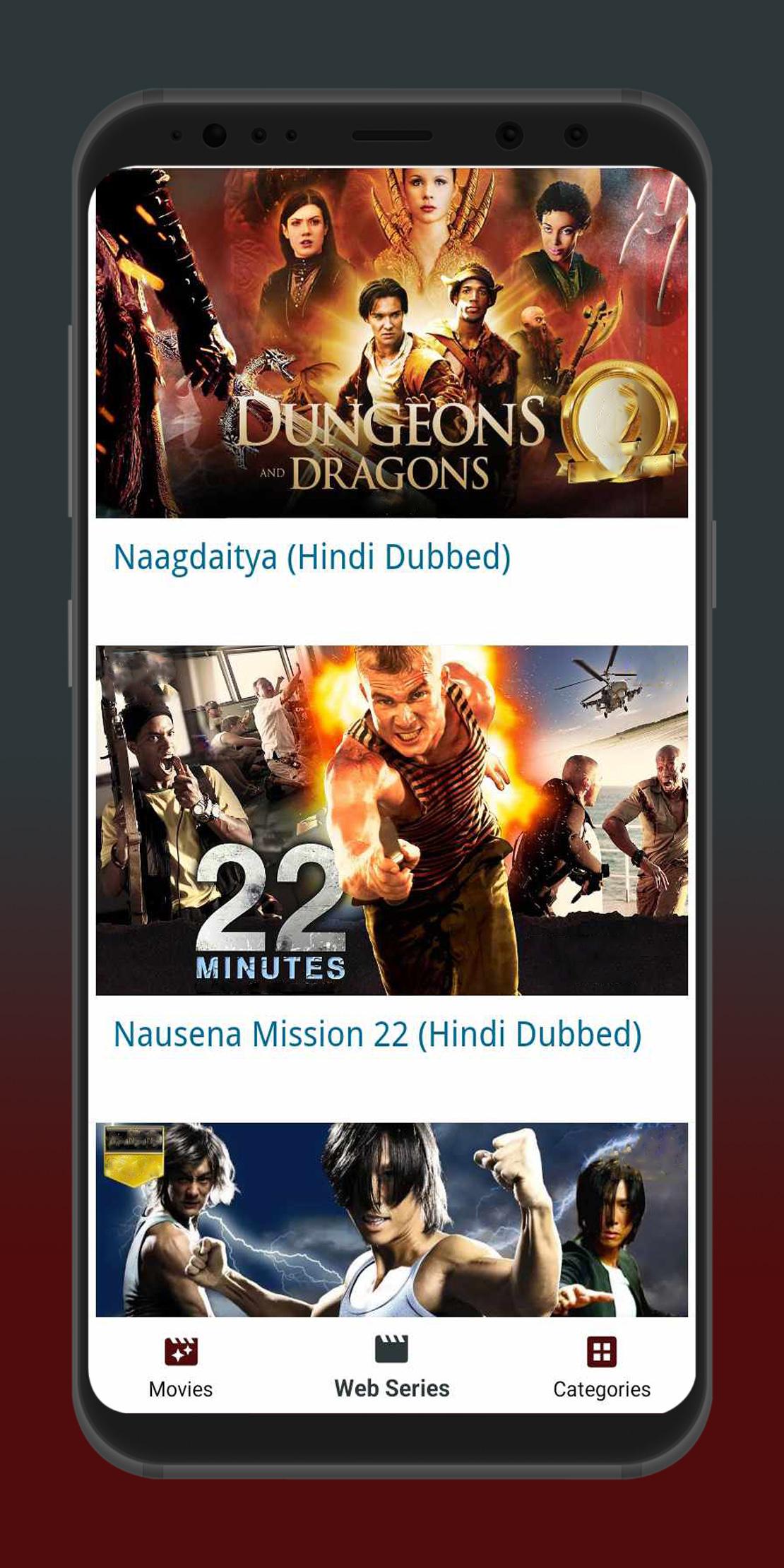Is HDHub4u truly the ultimate destination for movie enthusiasts? This bold claim has sparked significant debate among cinephiles and industry experts alike. With its promise of high-definition streaming and an extensive library, HDHub4u has positioned itself as a formidable player in the world of online entertainment. However, beneath the surface lies a complex web of legal and ethical considerations that demand closer examination.
In the ever-evolving landscape of digital media, platforms like HDHub4u have redefined how audiences access content. Established as a hub for South Indian movies, the platform quickly expanded its offerings to include Bollywood, Hollywood, and international films. Its rapid rise in popularity can be attributed to several factors: user-friendly interface, diverse catalog, and—most controversially—free access to premium content. Yet, this very aspect raises critical questions about copyright infringement and intellectual property rights. As we delve deeper into the intricacies of HDHub4u, it becomes evident that while the service caters to a vast audience craving convenience, it also operates within a gray area fraught with legal implications.
| Category | Details |
|---|---|
| Name of Platform | HDHub4u |
| Type | Piracy Website |
| Primary Content | Bollywood, Hollywood, South Indian Movies |
| Features | Free Downloads, Streaming |
| Legal Status | Illegal due to Copyright Infringement |
| Official Website | Visit HDHub4u |
The controversy surrounding HDHub4u is not limited to legal concerns; it extends to the broader impact on the film industry. By offering unauthorized access to copyrighted material, the platform undermines the financial viability of filmmakers, distributors, and production houses. For instance, the South Indian film industry, which has seen exponential growth over the past decade, relies heavily on legitimate distribution channels to sustain its momentum. The presence of piracy websites such as HDHub4u threatens this progress by diverting viewers away from paid platforms. Moreover, the lack of regulation allows these sites to thrive unchecked, further exacerbating the problem.
Despite its shortcomings, HDHub4u's appeal lies in its accessibility and ease of use. Users can effortlessly navigate through an expansive collection of films spanning multiple genres and languages. The platform's commitment to delivering high-quality streams ensures that even casual viewers are satisfied with their experience. However, this convenience comes at a cost. By engaging with HDHub4u, users unwittingly contribute to a system that devalues creative labor and discourages innovation. Furthermore, the absence of robust security measures exposes users to potential risks, including malware infections and data breaches.
In response to the growing threat posed by piracy websites, industry stakeholders have intensified efforts to combat illegal streaming activities. Major studios and production companies have partnered with law enforcement agencies to identify and shut down offending sites. Additionally, they advocate for stricter enforcement of existing copyright laws to deter future violations. While these initiatives represent crucial steps toward protecting intellectual property, they often fall short of addressing the root causes of piracy. Many users turn to platforms like HDHub4u because of prohibitive subscription costs or limited availability of desired content on legitimate services.
To bridge this gap, streaming giants such as Netflix have begun exploring strategies to make their offerings more inclusive and affordable. By expanding regional catalogs and introducing tiered pricing models, these platforms aim to cater to diverse audiences worldwide. For example, Netflix's recent collaboration with Indian filmmakers has resulted in several critically acclaimed original series and films. Such partnerships not only enrich the global cinematic landscape but also provide a viable alternative to piracy. Similarly, Disney+ Lucasfilm continues to innovate with content spots like Ahsoka In 30, co-edited by Bronson Aznavorian and Anthony Restivo, which highlight the studio's dedication to producing engaging and high-quality programming.
Producers Adam Cooper and Nathan Brickman, along with motion graphics artist Danny Dessner, played pivotal roles in bringing this project to life. Their work exemplifies the collaborative spirit driving modern filmmaking. As technology evolves, so too must our approach to content creation and distribution. Embracing new tools and techniques enables creators to reach wider audiences while maintaining artistic integrity. At the same time, consumers must recognize the importance of supporting legitimate platforms to ensure the sustainability of the entertainment industry.
In conclusion, HDHub4u presents both opportunities and challenges in today's digital age. While it offers unparalleled access to a wealth of cinematic treasures, its reliance on pirated content raises serious ethical and legal concerns. To address these issues effectively, stakeholders across the board must work together to develop solutions that balance affordability, accessibility, and accountability. Only then can we hope to create a sustainable ecosystem where creativity flourishes and innovation thrives.




